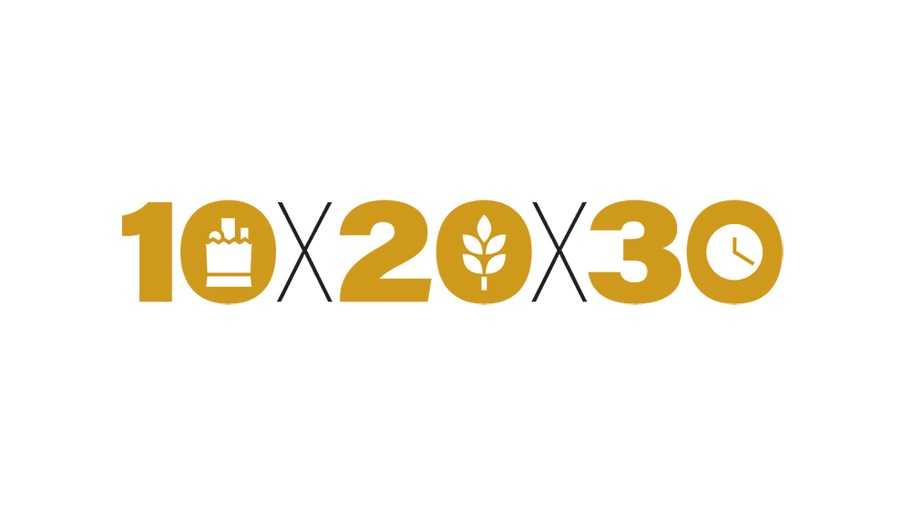KARLSTAD, Sweden – Löfbergs has joined IKEA in the groundbreaking “10x20x30” initiative to root out food loss and waste from the supply chain. 10x20x30 goes hand in hand with Löfbergs´s ambitious initiative Circular Coffee Community with the clear-cut purpose of eliminating all waste related to coffee.
10x20x30 is led by IKEA and 10+ of the world’s biggest food retailers and providers, each having committed to engage at least 20 suppliers in a “whole supply chain” approach to halving food loss and waste by 2030. Löfbergs is one of IKEA’s major suppliers for coffee.
“Food waste is negative from many aspects, including climate impact. Through partnerships we work for 100 % circular use of all resources related to coffee growing, processing and consumption. Zero waste,” says Eva Eriksson, Quality and Sustainability Director at Löfbergs.
By joining 10x20x30, Löfbergs commits to measure and publish its food loss and waste inventories, and to create actionable strategies to reduce this waste.
Actions to achieve the UN’s Sustainable Development Goal
10x20x30 was publicly launched at the 2019 annual food loss and waste summit hosted by Champions 12.3, a voluntary coalition of executives from business, government and civil society committed to raising ambition and motivating action to achieve the United Nations’ Sustainable Development Goal (SDG) Target 12.3. SDG Target 12.3 calls for a 50% reduction in food loss and waste worldwide by 2030. The coalition inspired and helped develop 10x20x30, with World Resources Institute as co-secretariat of Champions 12.3 and lead provider of technical assistance to the 10x20x30 retailers and suppliers.
“Reducing the more than 1 billion tons of food that’s lost or wasted each year would bring big social, environmental and economic benefits – but bringing these benefits to scale requires action across the entire supply chain,” said Dr. Andrew Steer, President and CEO, World Resources Institute. “I’m encouraged to see so many leading food retailers and suppliers committing to bold action. It’s exactly what the world needs to achieve the target of 50% reduction by 2030.”
Each year, one-third of all food produced in the world is lost or wasted, resulting in significant economic, environmental, and food security impacts. This amount of food loss and waste equals $940 billion in economic losses annually. It is responsible for 8% of global greenhouse gas emissions. And while more than 1 billion tons of food is lost or wasted annually, 1 in 9 people is undernourished.
The COVID-19 pandemic has increased the urgency of addressing food loss and waste. Farm-level losses have increased in many countries as distribution has been disrupted and restaurants and other hospitality businesses have reduced operations. Addressing food loss and waste in supply chains is a key strategy for ensuring both a sustainable business and food future.


















